FTC's Appeal Against Court Ruling On Microsoft Activision Blizzard Acquisition

Table of Contents
The Original Court Ruling and its Key Findings
The initial case, heard in the US District Court, saw the FTC challenge Microsoft's acquisition of Activision Blizzard, arguing it would stifle competition within the gaming market. However, Judge Jacqueline Scott Corley ultimately dismissed the FTC's case. Her decision hinged on several key arguments presented by Microsoft’s defense team and her assessment of the presented evidence.
- Judge's conclusion on the lack of substantial evidence of anti-competitive behavior: The judge found the FTC failed to provide substantial evidence demonstrating the merger would lead to a significant reduction in competition. The court emphasized the robust nature of the gaming market and the presence of multiple strong competitors.
- Key arguments made by Microsoft's defense team: Microsoft successfully argued that the acquisition would benefit consumers by expanding game availability and innovation, pointing to planned cross-platform releases and new technologies. They also highlighted the already substantial competition within the gaming industry.
- The judge's assessment of the potential impact on the gaming market: The court determined that the potential for anti-competitive behavior was minimal, citing the presence of strong competitors such as Sony and Nintendo, and the ongoing growth of the cloud gaming market. The Microsoft Activision acquisition lawsuit ultimately fell short of proving substantial harm to competition. These arguments, combined with the legal precedent set by previous antitrust lawsuit cases, led to the dismissal. The Activision Blizzard merger, therefore, was allowed to proceed, despite the FTC's objections.
The FTC's Grounds for Appeal
The FTC's appeal centers on several key disagreements with the initial court ruling. The commission maintains that the judge's decision overlooked crucial evidence and failed to fully consider the potential anti-competitive consequences of the merger.
- Allegations of insufficient consideration of the impact on competition: The FTC argues that the court did not adequately assess the long-term impact on competition, particularly in the rapidly evolving cloud gaming market. They believe the initial ruling underestimates the potential for Microsoft to leverage its power.
- Claims that the court overlooked crucial evidence presented by the FTC: The FTC asserts that the court disregarded crucial evidence regarding Microsoft's past practices and intentions, suggesting the judge did not fully grasp the implications of the merger.
- Focus on the potential for Microsoft to stifle competition in the cloud gaming market: A significant part of the FTC's appeal focuses on the potential for Microsoft to leverage its control over Activision Blizzard's titles, including the highly popular Call of Duty, to limit competition within the cloud gaming sector. This argument highlights Microsoft monopoly concerns. The concern isn't solely about traditional consoles, but the broader gaming industry mergers landscape.
Potential Implications and Outcomes of the Appeal
The FTC's appeal holds significant implications for the gaming industry and sets a precedent for future antitrust regulations related to tech mergers. Several potential outcomes exist, each with substantial consequences:
- Potential for a delay or reversal of the merger: The appeal could delay the completion of the merger, or even result in a complete reversal, should the appellate court side with the FTC. This would have massive repercussions for both Microsoft and Activision Blizzard.
- Impact on future merger and acquisition activity in the gaming industry: The outcome will significantly influence future merger and acquisition activity within the gaming industry. A successful appeal could lead to increased scrutiny of future deals, potentially slowing down industry consolidation.
- Setting precedents for future antitrust cases related to tech mergers: The decision will set important precedents for how future antitrust cases involving large tech mergers are handled. The ruling could impact similar deals across various technology sectors.
- Analysis of the potential financial repercussions for Microsoft and Activision Blizzard: The appeal carries significant financial implications. A successful FTC appeal could negatively impact Microsoft stock price and Activision Blizzard stock price, while a failed appeal could leave the FTC with a substantial loss.
The Role of Call of Duty in the FTC's Argument
The FTC’s concerns about Call of Duty exclusivity are central to their appeal. Call of Duty is one of the most popular video game franchises globally.
- The strategic importance of Call of Duty in the gaming market: Call of Duty's massive player base and cultural impact make it a key asset in the gaming market. The FTC fears Microsoft might make it exclusive to Xbox and its services.
- FTC’s concerns about reduced competition and consumer choice: Restricting Call of Duty to Xbox could reduce competition and limit consumer choice, potentially harming players on PlayStation and other platforms.
- Microsoft's commitments regarding Call of Duty availability on other platforms: Microsoft has made public commitments to keep Call of Duty on PlayStation and other platforms. However, the FTC argues these commitments lack sufficient guarantees. This aspect of the case highlights the importance of game console competition within the larger context of the Microsoft Activision Blizzard acquisition.
Conclusion
The FTC's appeal against the Microsoft Activision Blizzard acquisition is a significant legal battle with far-reaching consequences for the gaming industry and antitrust law. The initial court ruling dismissed the FTC's concerns, finding insufficient evidence of anti-competitive behavior. However, the FTC argues that the court overlooked key evidence and failed to adequately consider the long-term impact on competition, particularly regarding Call of Duty exclusivity and the cloud gaming market. The appeal's outcome will influence future mergers and acquisitions in the gaming industry and set precedents for antitrust cases related to tech mergers. To stay updated on this evolving situation and its impact on the gaming industry, continue following reputable news sources and search for "[FTC's Appeal Against Microsoft Activision Blizzard Acquisition] updates."

Featured Posts
-
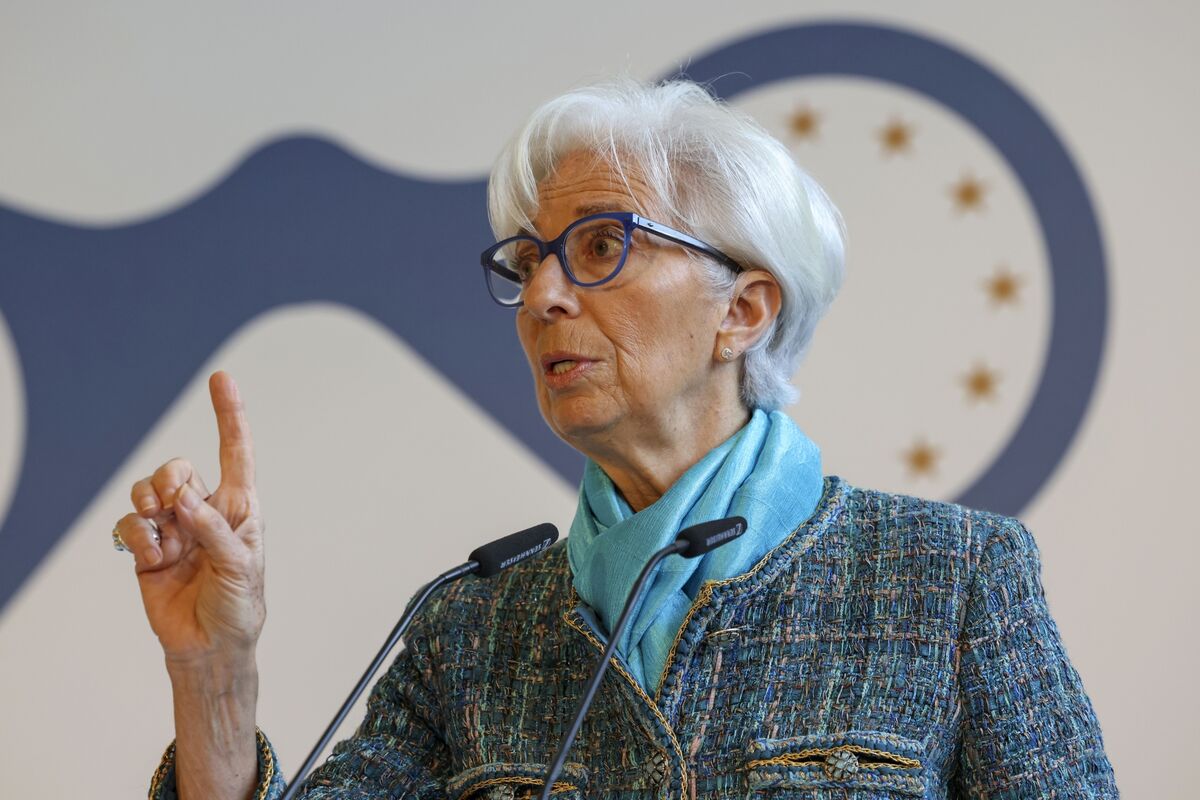 Kueresel Ticaret Gerilimleri Ve Ecb Baskani Lagarde In Enflasyon Degerlendirmesi
May 27, 2025
Kueresel Ticaret Gerilimleri Ve Ecb Baskani Lagarde In Enflasyon Degerlendirmesi
May 27, 2025 -
 Public Demands Response From Kai Cenat Following Racist Incident
May 27, 2025
Public Demands Response From Kai Cenat Following Racist Incident
May 27, 2025 -
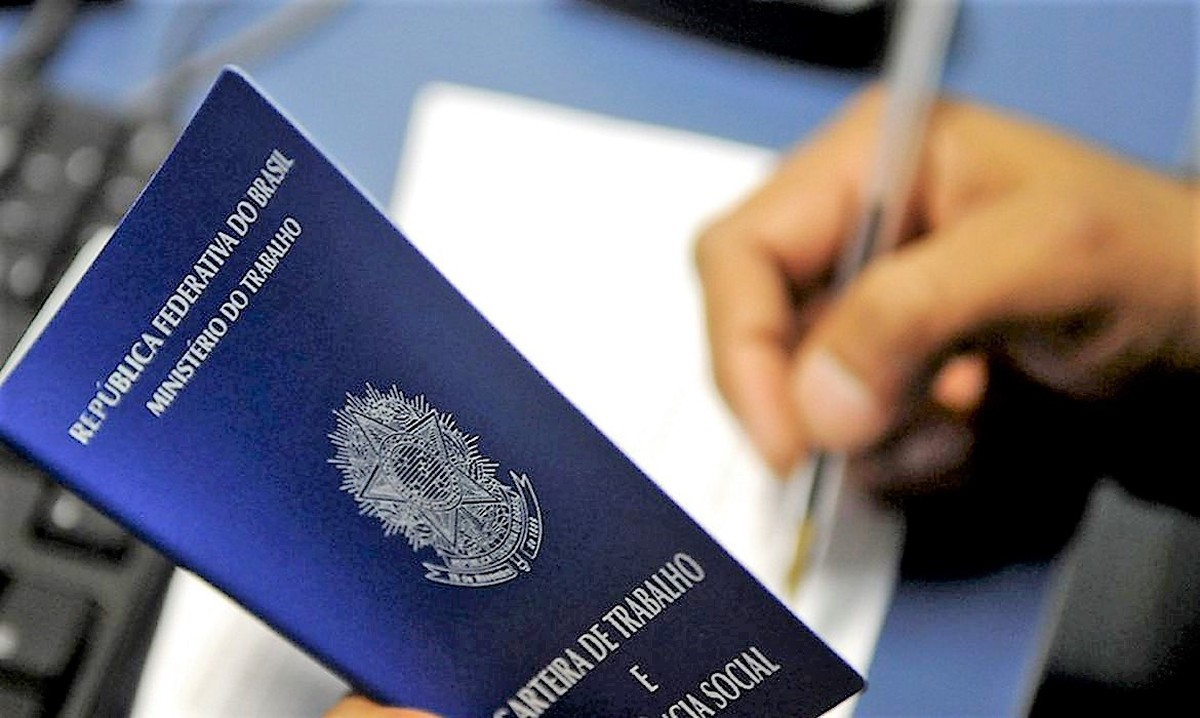 111 Vagas De Emprego Em Petrolina Confira As Oportunidades
May 27, 2025
111 Vagas De Emprego Em Petrolina Confira As Oportunidades
May 27, 2025 -
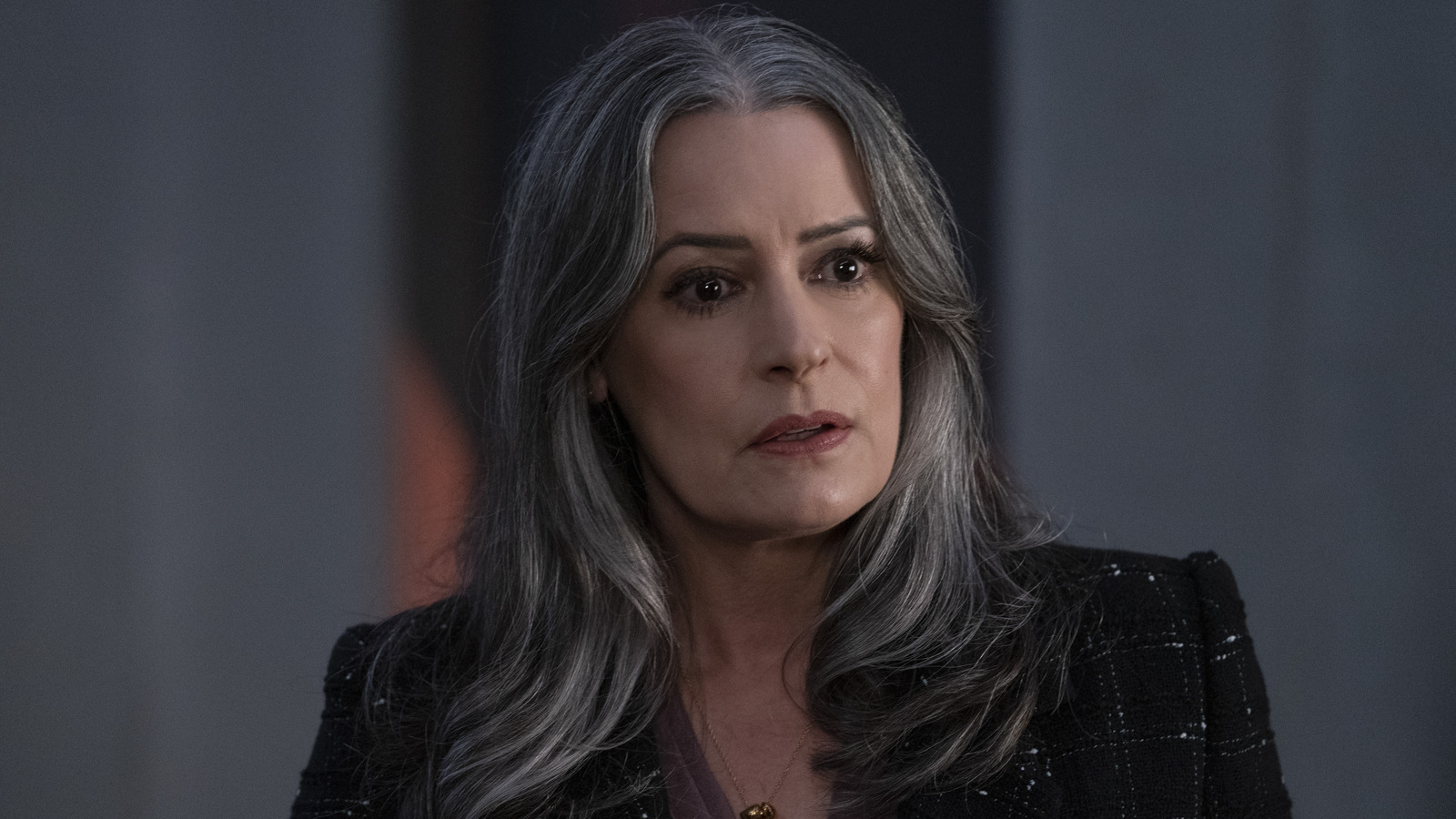 Watch Criminal Minds Evolution Season 18 Premiere Free Streaming Options
May 27, 2025
Watch Criminal Minds Evolution Season 18 Premiere Free Streaming Options
May 27, 2025 -
 Where To Watch Tracker Season 2 Episode 12 Tonight Live Tv And Streaming
May 27, 2025
Where To Watch Tracker Season 2 Episode 12 Tonight Live Tv And Streaming
May 27, 2025
Latest Posts
-
 Did Elon Musk Father Amber Heards Twins Years After Embryo Dispute
May 30, 2025
Did Elon Musk Father Amber Heards Twins Years After Embryo Dispute
May 30, 2025 -
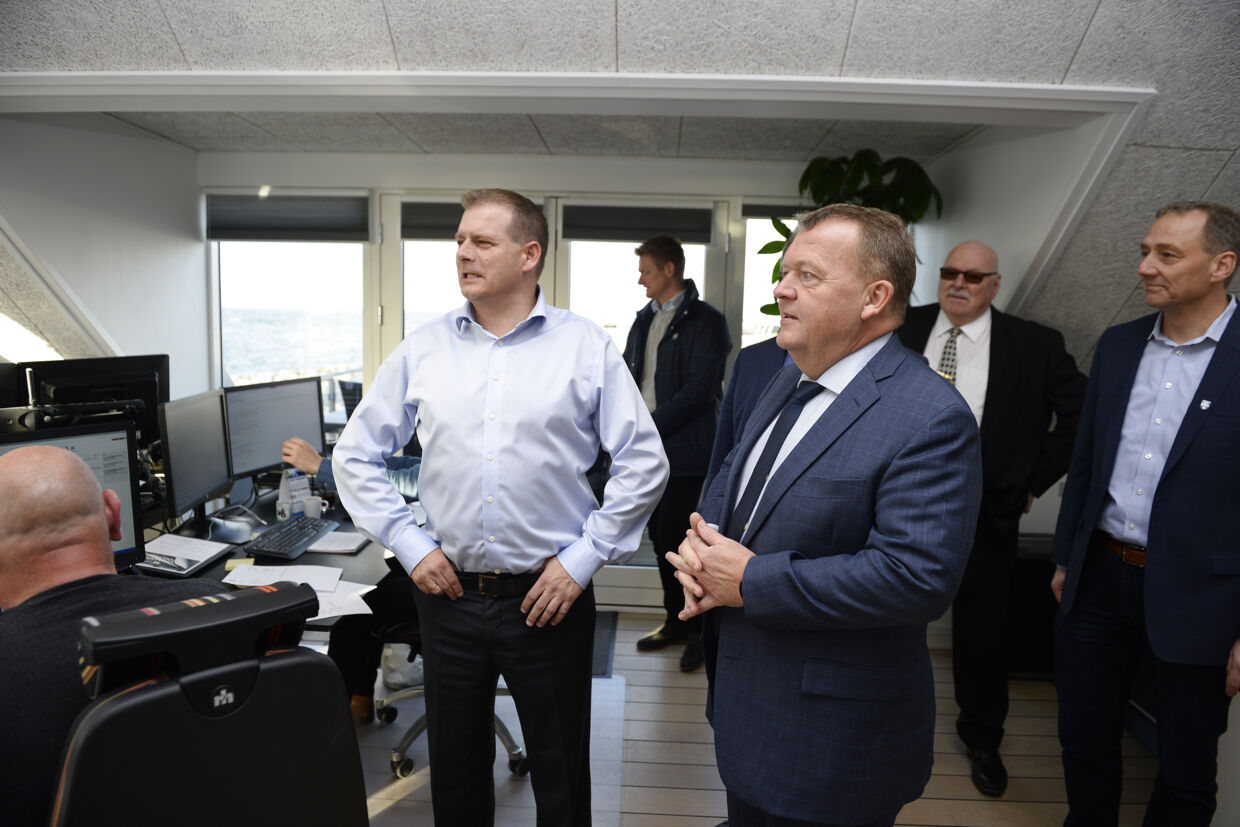 Holder Vejret Analyser Og Forudsigelser Om Hans Afvisning Af Danmark
May 30, 2025
Holder Vejret Analyser Og Forudsigelser Om Hans Afvisning Af Danmark
May 30, 2025 -
 Elon Musks Alleged Paternity Of Amber Heards Twins
May 30, 2025
Elon Musks Alleged Paternity Of Amber Heards Twins
May 30, 2025 -
 Holder Vejret Danmarks Fremtid Afhaenger Af Hans Beslutning
May 30, 2025
Holder Vejret Danmarks Fremtid Afhaenger Af Hans Beslutning
May 30, 2025 -
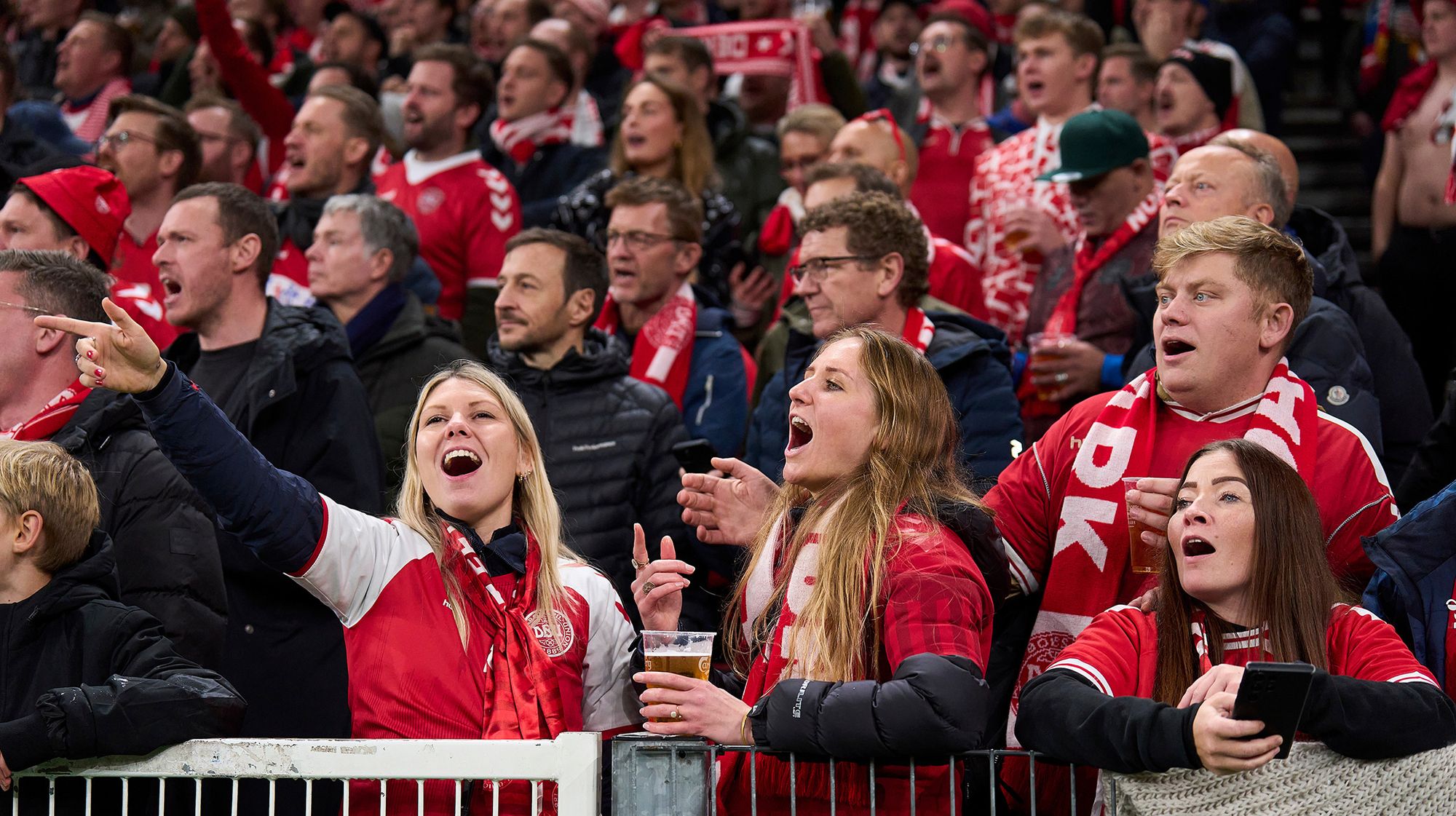 Danmark Portugal En Dybdegaende Kampanalyse
May 30, 2025
Danmark Portugal En Dybdegaende Kampanalyse
May 30, 2025
